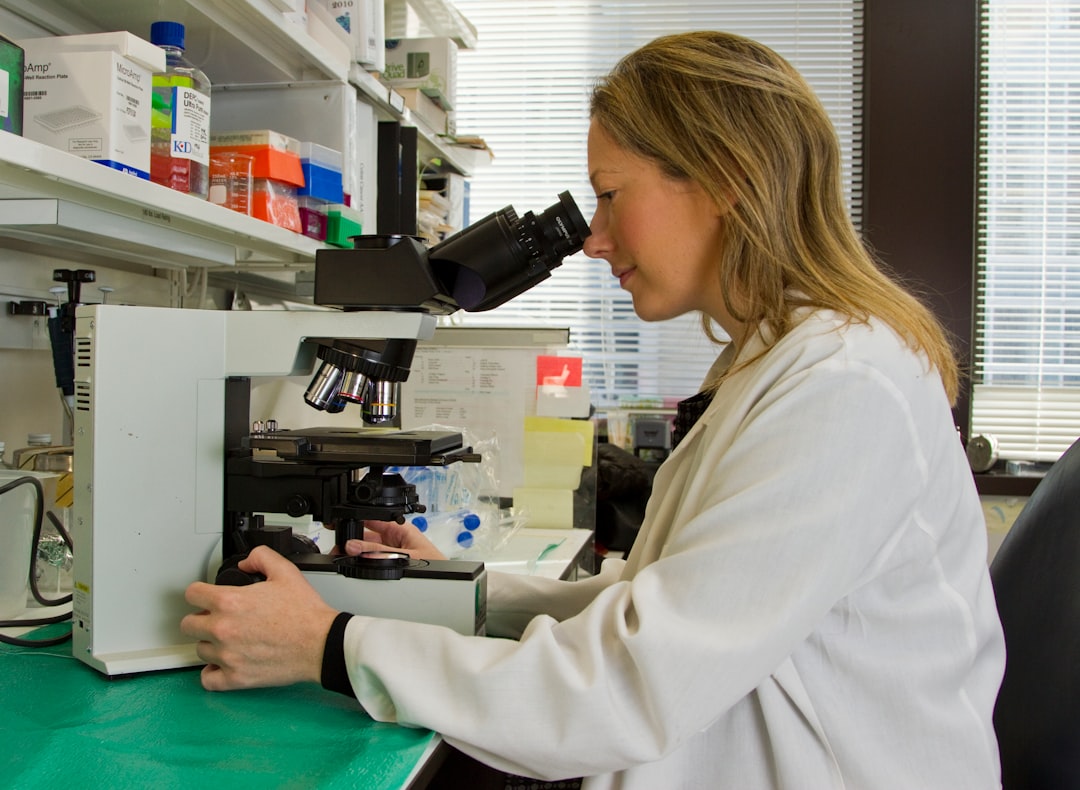What is it about?
This paper critiques the effectiveness of Malaysia's Biosafety Act 2007 in managing bioethical issues arising from the recent approval of field testing for genetically modified male mosquitoes by the National Biosafety Board (NBB). Despite the Act's provisions aimed at balancing biotechnology promotion with environmental and health protection, it lacks adequate consideration of bioethical concerns. Through an instrumental critique, the paper explores the role of the legal framework in governing GMOs and suggests that the Act's ambiguity may undermine its intended balancing role, impacting wider societal interests and welfare.
Featured Image

Photo by Braňo on Unsplash
Why is it important?
This examination of Malaysia's Biosafety Act 2007 and its handling of bioethical concerns related to genetically modified organisms (GMOs) holds significant importance for several reasons. Firstly, it is crucial for safeguarding public health and safety as GMOs raise concerns about potential risks to human health and the environment. Secondly, understanding how the Biosafety Act regulates GMO field testing and release is vital for assessing and mitigating potential environmental impacts. Moreover, the approval of field testing for genetically modified male mosquitoes raises ethical questions regarding informed consent, ecological disruption, and broader societal implications. Evaluating the Act's handling of these bioethical concerns helps ensure responsible decision-making in biotechnology governance. Additionally, this examination contributes to the ongoing assessment of Malaysia's legal framework for biosafety regulation, informing discussions on necessary legislative reforms to better address bioethical considerations. Insights from this critique can inform policymakers, regulatory authorities, and stakeholders about the need for improved regulation and oversight in the biotechnology sector, highlighting the importance of comprehensive and ethically sound approaches to GMO governance in Malaysia and beyond.
Perspectives
The approval of field testing for genetically modified male mosquitoes, despite global concerns about GMO safety and genetic stability, underscores the need for robust biosafety regulations that adequately address bioethical considerations. The critique of Malaysia's Biosafety Act 2007 highlights the importance of striking a balance between promoting biotechnology innovation and protecting public health, environmental integrity, and societal values. As the article suggests, the ambiguity within the Act regarding bioethical concerns poses significant challenges in ensuring responsible decision-making and upholding broader societal interests. This analysis not only contributes to the ongoing discourse on GMO governance but also underscores the importance of transparent, inclusive, and ethically informed policymaking processes. Ultimately, addressing bioethical concerns in GMO regulation is crucial for fostering public trust, promoting sustainable development, and safeguarding the well-being of both present and future generations.
Mr. Lee Wei Chang
University of Malaya
Read the Original
This page is a summary of: Biosafety Act 2007: Does It Really Protect Bioethical Issues Relating To GMOS, Journal of Agricultural and Environmental Ethics, July 2012, Springer Science + Business Media,
DOI: 10.1007/s10806-012-9413-z.
You can read the full text:
Contributors
The following have contributed to this page










